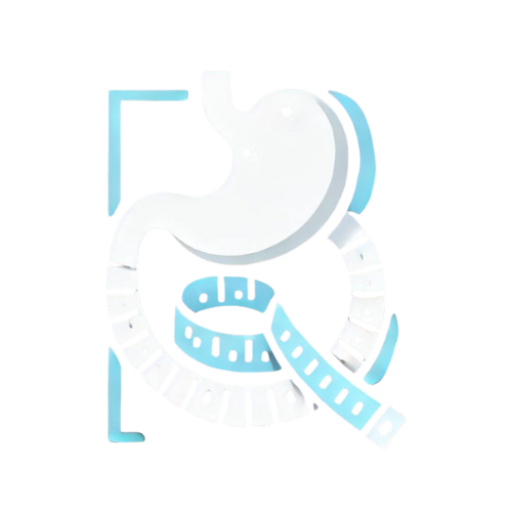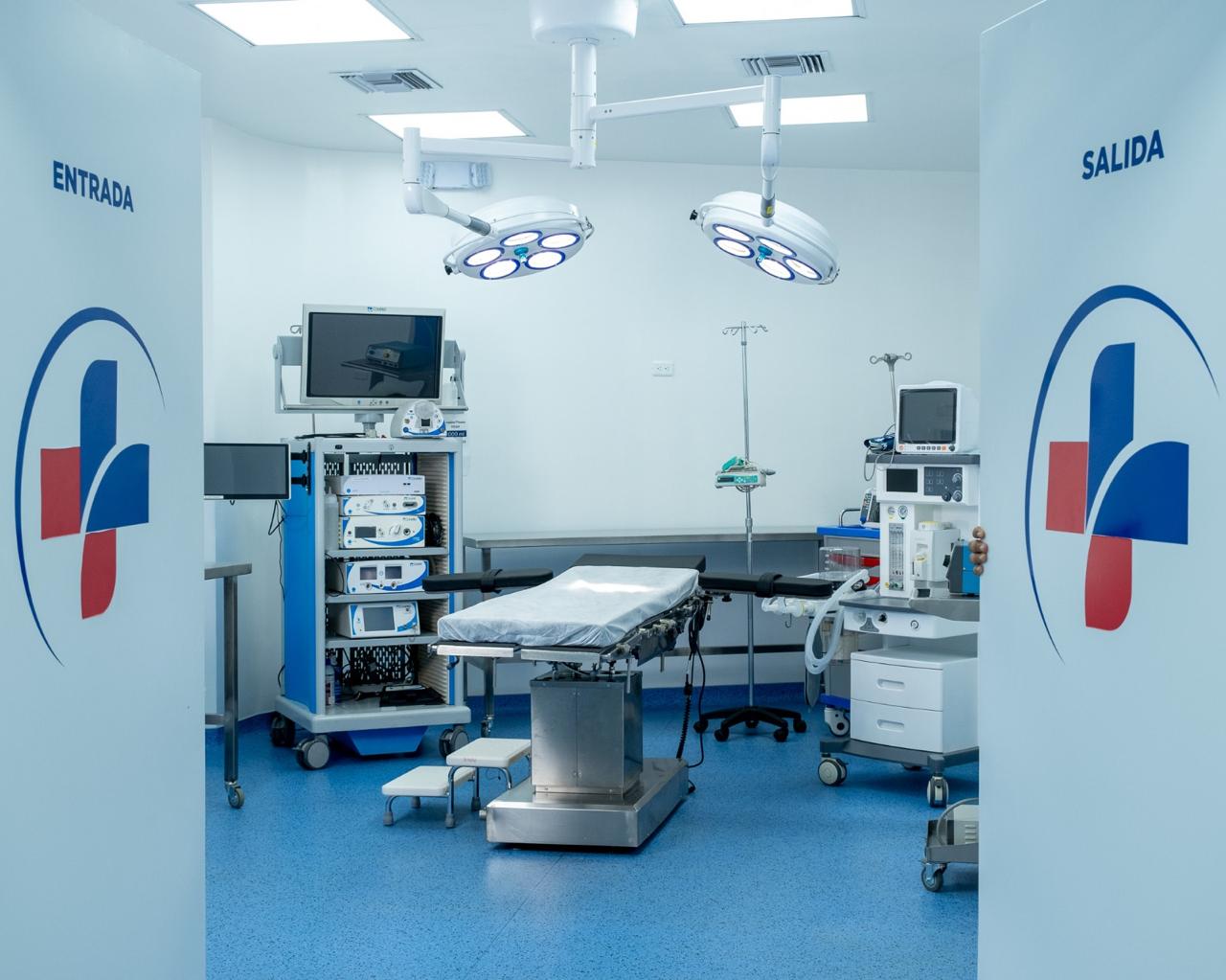Embarking on the journey of bariatric surgery is a significant decision that requires careful preparation. It’s not just about the procedure itself but also about the steps you take before surgery to ensure the best possible outcome. In this blog, we’ll guide you through the essential preparations you need to make before undergoing bariatric surgery.
1. Comprehensive Medical Evaluation
Before you can be cleared for bariatric surgery, you’ll need to undergo a comprehensive medical evaluation. This typically includes a full physical exam, blood tests, and possibly imaging studies. Your healthcare team will assess your overall health, identify any underlying conditions, and determine whether you’re a suitable candidate for the surgery. It’s crucial to be transparent about your medical history and any medications you’re taking, as these factors will influence your surgical plan.
2. Nutritional Counseling
Bariatric surgery significantly alters your digestive system, so it’s essential to begin adapting your eating habits well before the procedure. You’ll meet with a dietitian who will guide you through the necessary dietary changes, such as reducing portion sizes, cutting back on high-calorie foods, and increasing your protein intake. These changes not only prepare your body for surgery but also help you transition more smoothly to your post-operative diet.
3. Psychological Assessment
A psychological evaluation is often required before bariatric surgery. This assessment helps determine if you’re mentally prepared for the significant lifestyle changes that accompany weight loss surgery. It’s also an opportunity to address any emotional eating habits or mental health issues, such as depression or anxiety, that could impact your post-surgery success. Remember, bariatric surgery is a tool, and your mindset plays a critical role in achieving long-term results.
4. Lifestyle Changes
In the weeks leading up to your surgery, you’ll be encouraged to make several lifestyle changes. This may include quitting smoking, reducing alcohol intake, and increasing physical activity. These changes are vital not only for a successful surgery but also for your overall recovery. For example, smoking can impede healing, while regular exercise can improve your cardiovascular health and enhance your body’s ability to recover.
5. Building a Support System
Support from family, friends, and healthcare professionals is crucial in your bariatric surgery journey. Discuss your decision with your loved ones and involve them in your preparation process. Many bariatric programs also offer support groups where you can connect with others who are going through or have gone through similar experiences. Having a strong support system will provide encouragement and accountability as you adjust to your new lifestyle.
6. Pre-Surgery Diet
Most surgeons will place you on a special pre-surgery diet, often a low-calorie, high-protein regimen designed to reduce the size of your liver. This diet makes the surgery safer and easier to perform. It’s essential to adhere strictly to this diet in the days leading up to your surgery, as it can have a significant impact on your surgical outcome.
7. Preparing for Recovery
Plan ahead for your recovery period. Ensure you have everything you’ll need at home, from comfortable clothing to the necessary post-surgery dietary supplies. Arrange for someone to help you with daily tasks during the first few days after your surgery, as you’ll need time to rest and heal. Knowing what to expect during your recovery can alleviate anxiety and help you focus on healing.


